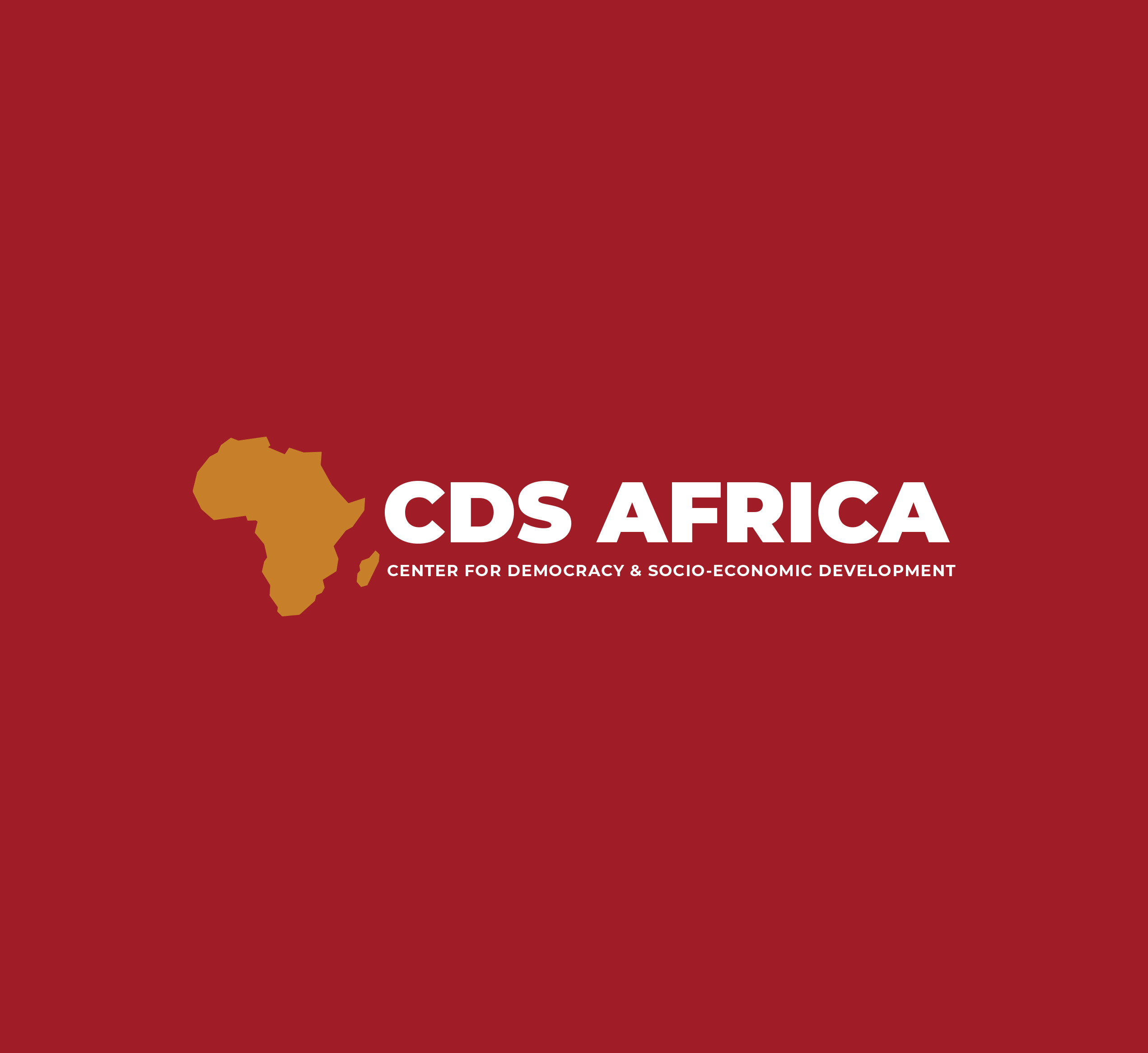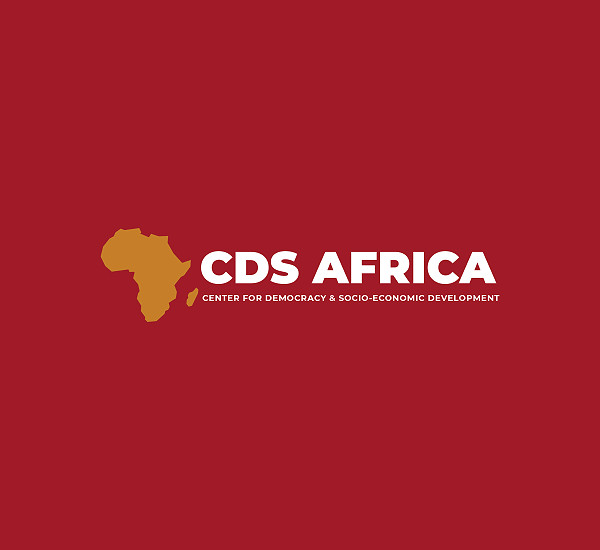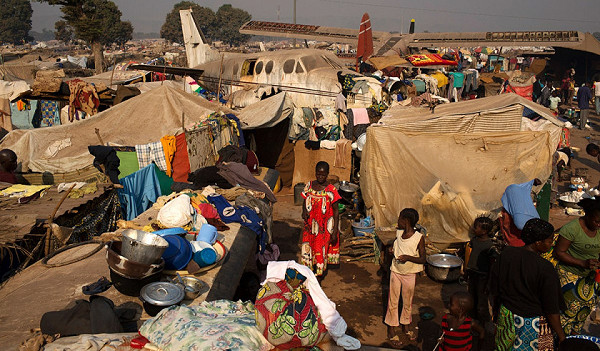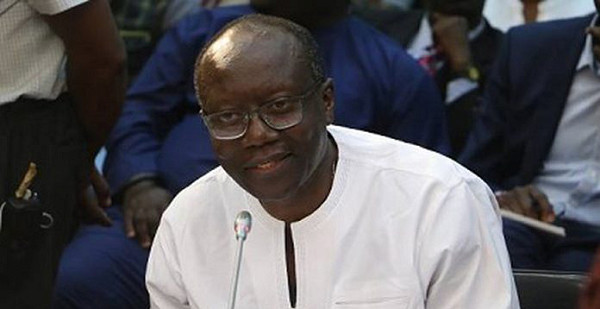In recent days, Ghana has been abuzz with discussions and concerns surrounding a notable internet blackout that occurred in the country. The blackout, which affected various countries in the sub-region and disrupted online connectivity for several days, has sparked widespread speculation and raised questions about its causes and implications.
The blackout, reportedly experienced by both mobile data and fixed-line internet users, caught many by surprise and left businesses, educational institutions, and individuals grappling with communication challenges and disruptions to their daily activities. Social media platforms were flooded with reports from frustrated users unable to access online services, conduct business transactions, or communicate with friends and family.
While the National Communications Authority of Ghana provided timely information and updates on the cause of the disruptions and efforts that were being made to resolve them, speculation and rumors have been rife, with some attributing the outage to technical issues or maintenance work by internet service providers. Others have raised concerns about the possibility of deliberate government interference or censorship, particularly in the midst of political tensions or civil unrest.
The incident has reignited debates about the reliability and resilience of Ghana's internet infrastructure and the need for greater transparency and accountability from both government and private sector stakeholders. Calls for improved communication and contingency planning to mitigate the impact of future outages have grown louder, as businesses and individuals seek assurances that such disruptions will not recur.
In response to the blackout, CDS Africa stands with other civil society organizations, advocacy groups, and concerned citizens calling for investigations into the root causes of the incident and greater oversight of Ghana's telecommunications sector. This call is to ensure that we maintain an open and accessible internet as a cornerstone of democratic governance, economic development, and social cohesion.
As Ghana seeks to position itself as a digital hub and technology leader in West Africa, ensuring the reliability, affordability, and accessibility of internet services will be paramount. The recent blackout serves as a reminder of the challenges and vulnerabilities inherent in the country's digital infrastructure and the urgent need for proactive measures to safeguard against future disruptions. Only through concerted efforts by all stakeholders can Ghana build a robust and resilient internet ecosystem that meets the needs of its citizens and supports sustainable growth and development in the digital age.







